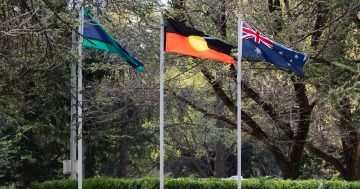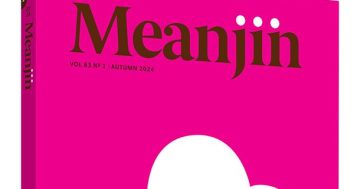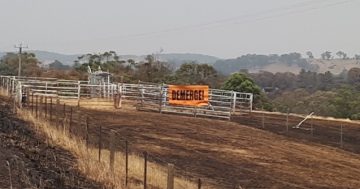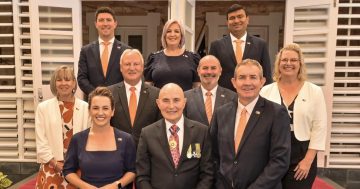Reviewed by Rama Gaind.
Quarterly Essay: Voice of Reason on Recognition and Renewal
By Megan Davis, Quarterly Essay/Black Inc., $27.99
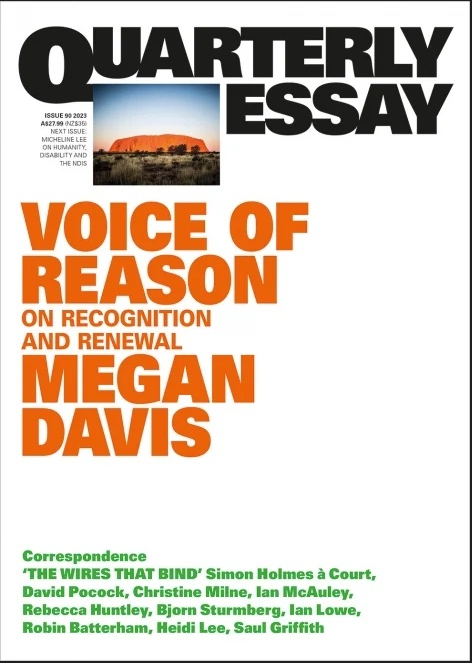 Australians will head to the polls on 14 October 2023 to vote on whether to amend the Constitution to formally recognise Indigenous peoples through the creation of a body that advises the parliament and executive government on policies affecting them.
Australians will head to the polls on 14 October 2023 to vote on whether to amend the Constitution to formally recognise Indigenous peoples through the creation of a body that advises the parliament and executive government on policies affecting them.
Professor of Constitutional Law at UNSW Megan Davis elaborates on why a First Nations Voice to Parliament is a “constitutional moment” that offers a new vision of Australia.
“When people say this is about changing Australian identity, it’s not. It’s about location; we are located here together, we are born here, we arrive here, we die here and we must coexist in a peaceful way. The fundamental message that many elders planted in the Uluru Statement is that … the country needs peace, and the country cannot be at peace until we meet; the Uluru Statement is the beginning of that.”
In fact, Megan Davis was the first person to read out the Uluru Statement from the Heart, at Uluru in May 2017.
After six weeks, people will be asked to vote Yes or No on a single question: “A Proposed Law: to alter the Constitution to recognise the First Peoples of Australia by establishing an Aboriginal and Torres Strait Islander Voice. Do you approve this proposed alteration?”
At Uluru, an invitation was issued to the Australian people. With the upcoming referendum, the nation will decide whether to accept that invitation. It will be an opportunity to vote in the first referendum since 1999.
Prime Minister Anthony Albanese has called it a once-in-a-lifetime opportunity.
Davis presents the Voice to Parliament as an Australian solution to an Australian problem. For Indigenous people, it is a practical response to “the torment of powerlessness.” She highlights the failure of past policies, in areas from child protection to closing the gap, and the urgent need for change. She also brings out the creative and imaginative dimensions of the Voice. Fundamental to her account is the importance of truly listening: in explaining why the Voice is needed from the ground up, evoking a new vision of country and community.
Changing the constitution is a mammoth task, but QE90 puts forward the logic for variation.
Megan Davis draws out the importance and the assurance of this “constitutional moment” — what it could mean for recognition and justice — in this convincing, renewed and resourceful essay.





